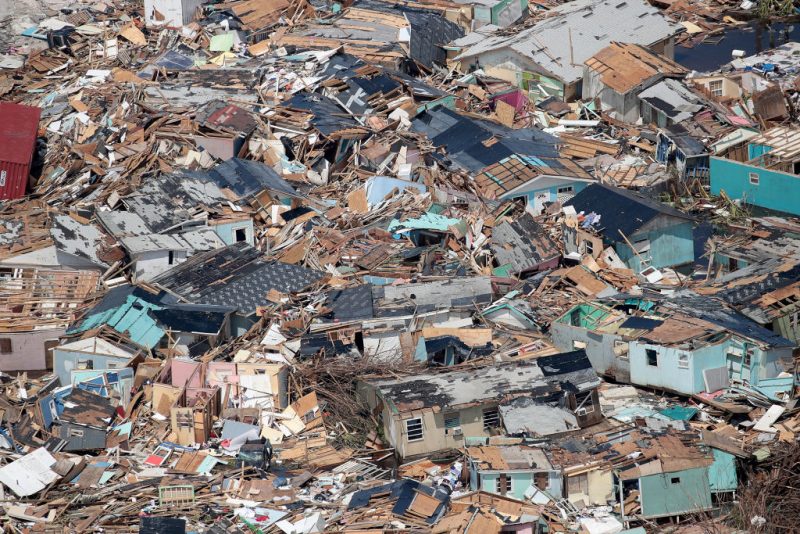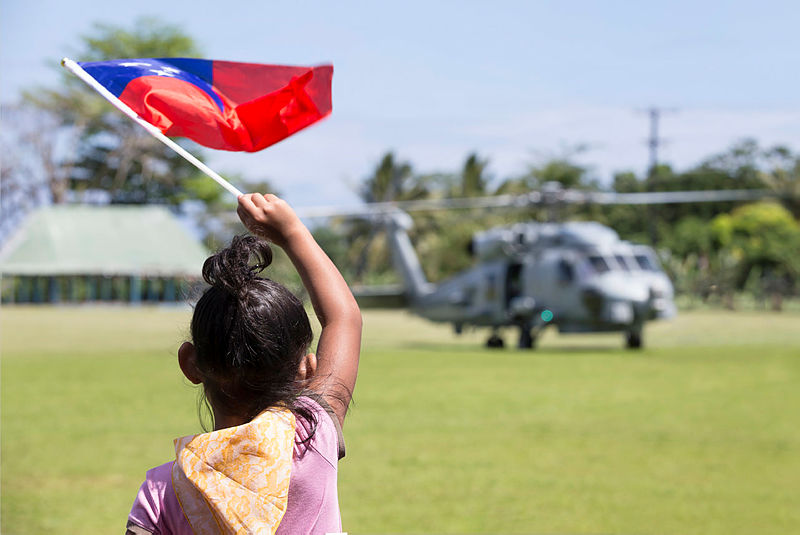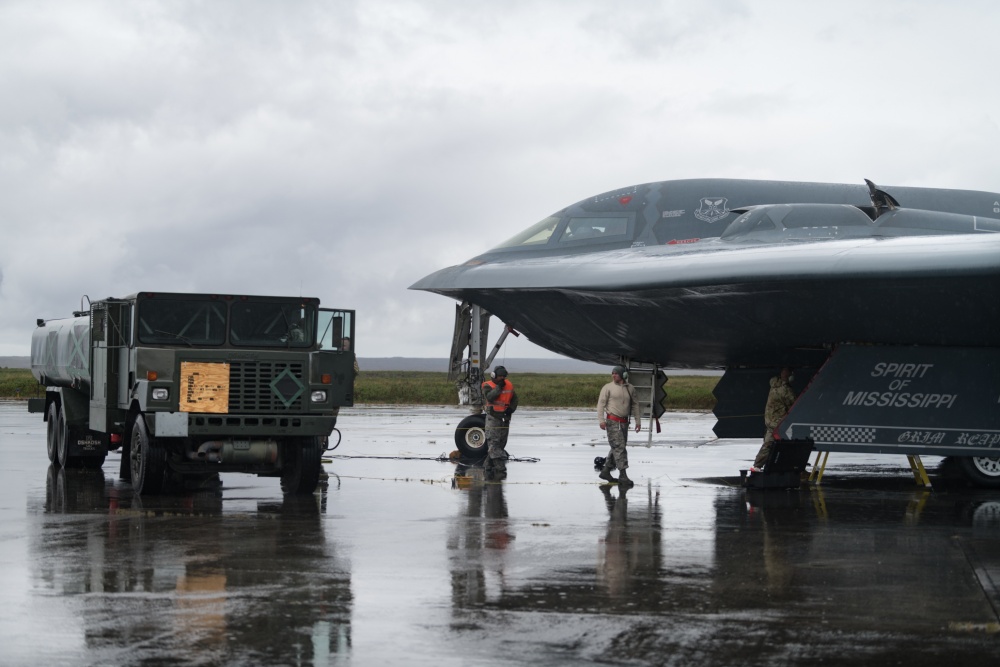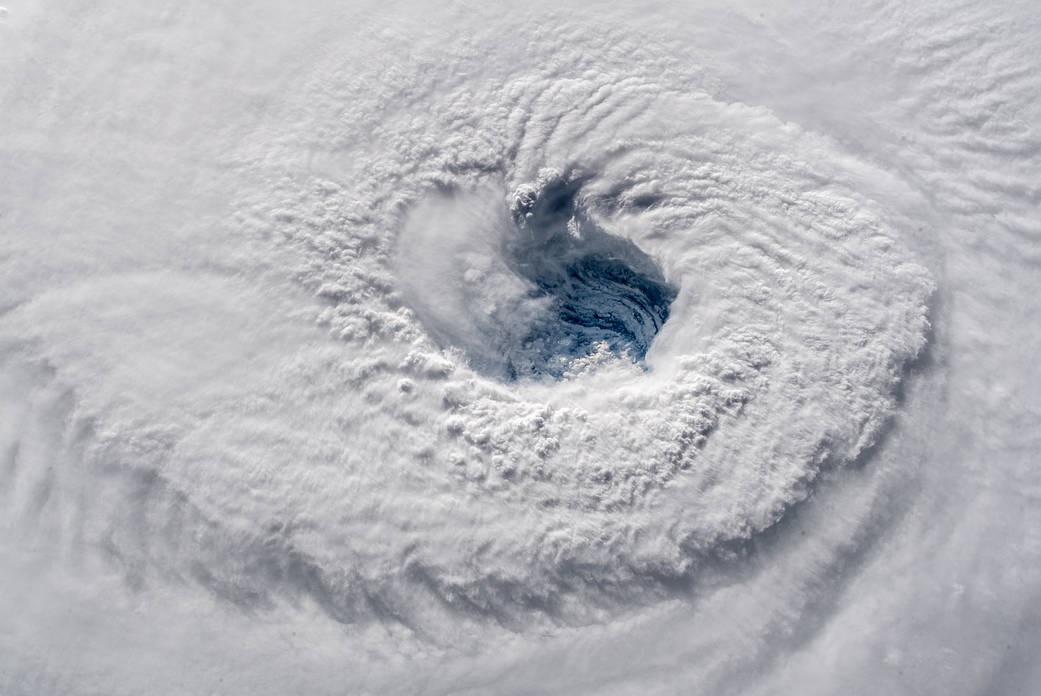ASPI suggests

The world
One of this week’s biggest headlines was the withdrawal of the extradition bill in Hong Kong, the potential passage of which spurred the protests that have rocked the city for months. While this decision satisfies one of the protesters’ five demands, it’s clear that they will continue their efforts, particularly on seeking to have police brutality during the protests investigated. It remains to be seen whether Beijing will acquiesce to the remaining demands.
After the US and the Taliban reached a preliminary Afghan peace deal, Time analyses why US Secretary of State Mike Pompeo refuses to sign the ‘risky’ pact. However, noting the extended and extensive engagement in the country, this article in National Interest claims the US has done all it can for the unstable nation. The Atlantic Council, meanwhile, has compiled insights from former US officials who worked in Afghanistan, providing tips on how to maintain counterterrorism efforts and avoid future destabilisation in Afghanistan following a withdrawal of US troops. While many believe the Taliban to be fractured, War on the Rocks provides a different opinion, claiming the organisation is at its most cohesive since the collapse of its regime in 2001.
The competition between Taiwan and the People’s Republic of China for diplomatic recognition has surfaced again this week as a member of parliament in Solomon Islands said the country should sever its ties with Taipei and recognise Beijing instead. In recent years, Taiwan has lost recognition from several countries and now only 17 countries officially recognise it. The ABC has published an excellent article breaking down the issue and unpacking how a change by Solomon Islands might affect decisions made by other Pacific island countries. And earlier in the year The Atlantic published a piece contextualising and analysing the complexities of the US relationship with Taiwan.
Now time for your weekly dose of Brexit. If you’re sick of it, look away now and we’ll see EU later. In short, UK Prime Minister Boris Johnson has been defeated for the third time in two days in the House of Commons as his call for a general election failed to get the two-thirds majority needed. Despite previous calls for a general election by Labour leader Jeremy Corbyn, he voted against Johnson’s latest election bid. While it may look like absolute chaos to the outside world, the UK’s current political turmoil simply proves that the country’s political system is working. If that statement confuses you, head over to The Atlantic for a justification. Maybe all Britain needs is a word of advice from a country like Australia, a stable democracy with strong, unchanging leadership (if you need to check up on who the current PM is, see this Twitter feed). The ABC’s Samantha Hawley says ‘a restart button needs pushing’ if the UK is to extricate itself from the political quagmire it’s found itself in.
Elsewhere in Europe, there’s been a development in the ongoing investigation into the downing of a Malaysia Airlines jet over Ukraine in 2014. A key witness and potential suspect, Vladimir Tsemakh, has been released by a Ukrainian court ahead of a terrorism trial over his role in the deaths of the 298 people who were on board MH17. Prisoner-swap negotiations between Ukraine and Russia are underway and investigators fear that if Tsemakh is released and sent to Russia, they will be unable to truly ascertain his role in the tragedy, which recently marked its fifth anniversary.
Tech geek
In a War on the Rocks piece, nuclear deterrence experts Adam Lowther and Curtis McGiffin have caused quite a stir by arguing that the US should consider using artificial intelligence to improve nuclear deterrence. The idea has been criticised by most nuclear-weapon experts because of the inherent risks that come with the use of AI. To learn more about the evolution of nuclear deterrence with AI, see this RAND Corporation report from last which explored how AI may affect the chances of nuclear war. For a short explainer on nuclear deterrence, see this article in the Georgetown Journal of International Affairs.
In space news, Forbes says SpaceX refused to move its Starlink satellite to avoid a collision with the European Space Agency’s Aeolus satellite. SpaceX has denied the claims, saying the company didn’t receive an alert from its collision avoidance system. While a collision didn’t actually occur, the way the incident was handled by SpaceX and the ESA raises questions about collision-avoidance protocols. Last year, Saadia Pekkanen explained why space debris may be a national security threat.
On 3 September, the Chinese air force signalled its growing air power with a video showing seven Chengdu J-20 stealth fighter aircraft flying in formation, indicating the jet may have entered full production. While the aircraft does look very similar to the US F-22 and F-35, there are still doubts about how potent China’s stealth fighter is, particularly in terms of engine design and software technology.
This week in history
This week 104 years ago, the first tank rolled off a production line in England. A world away from modern battle tanks, the prototype (named Little Willie after the German crown prince), crawled along at the lightning speed of about 5 kilometres per hour and was extremely adept at getting stuck in trenches and mud.
Multimedia
As Britain considers the use of unmanned aerial vehicles to monitor the Persian Gulf, Al Jazeera looks into how drones will shape the future of warfare. [25:25]
The Atlantic follows 11-year-old Sam as he tries to raise awareness of the potential environmental impacts of nuclear power just as Hinkley Point Power Plant is constructed next to his home in England. [22:43]
See the devastation caused by Hurricane Dorian, which left at least 30 dead in the Bahamas, in these photo galleries (here and here).
Podcasts
In a speech to the Lowy Institute, outgoing ASIO director-general Duncan Lewis said foreign interference and espionage are the biggest security threats facing Australia. [1:00.02]
Ian Bremmer sits down with Washington Post Beijing bureau chief Anna Fifield, who, thanks to 12 visits to North Korea since 2005, provides valuable insights into Kim Jong-un and his regime. [21:33]
Events
Canberra, 10 September, 10.30–11.50 am, Australian National University: ‘Growth prospects for Asia and the Pacific: opportunities, risks and the Asian Development Bank’s role’. More info here.
Melbourne, 10 September, 6–7.30 pm, Australian Institute of International Affairs: ‘Taiwan—Beijing’s next target after Hong Kong?’ Tickets here ($30).









